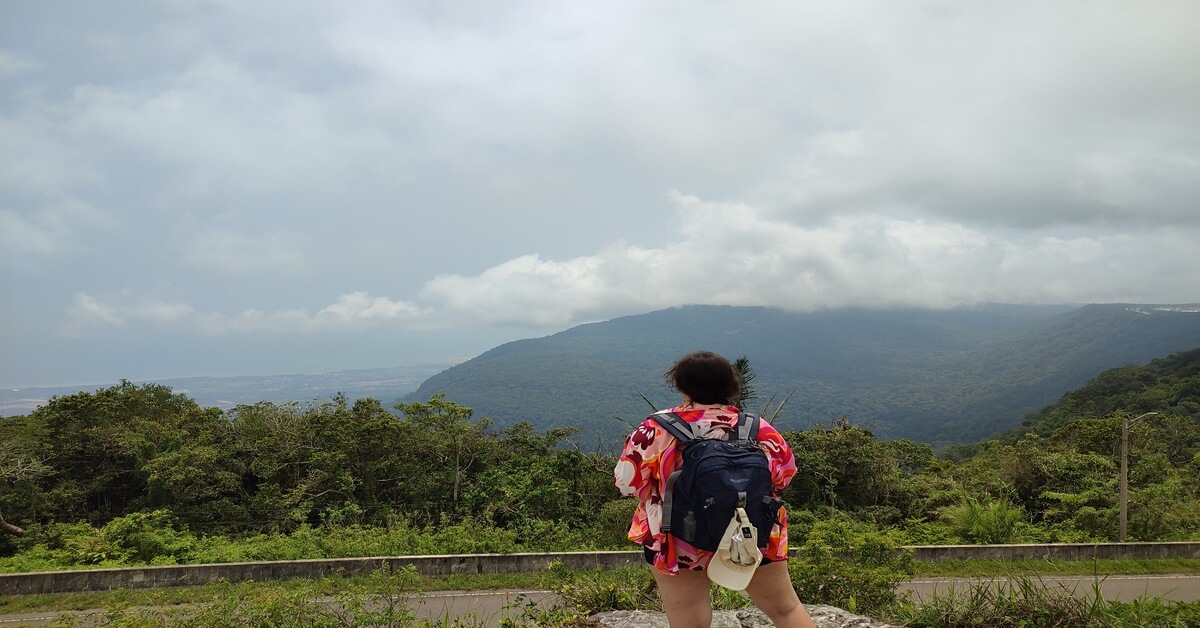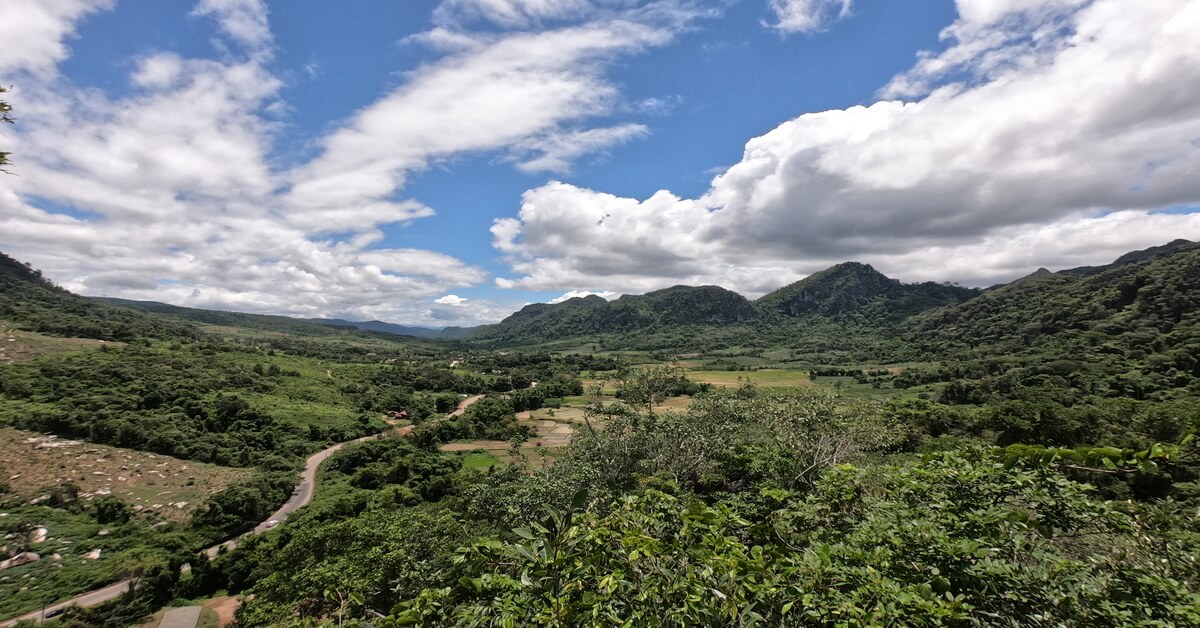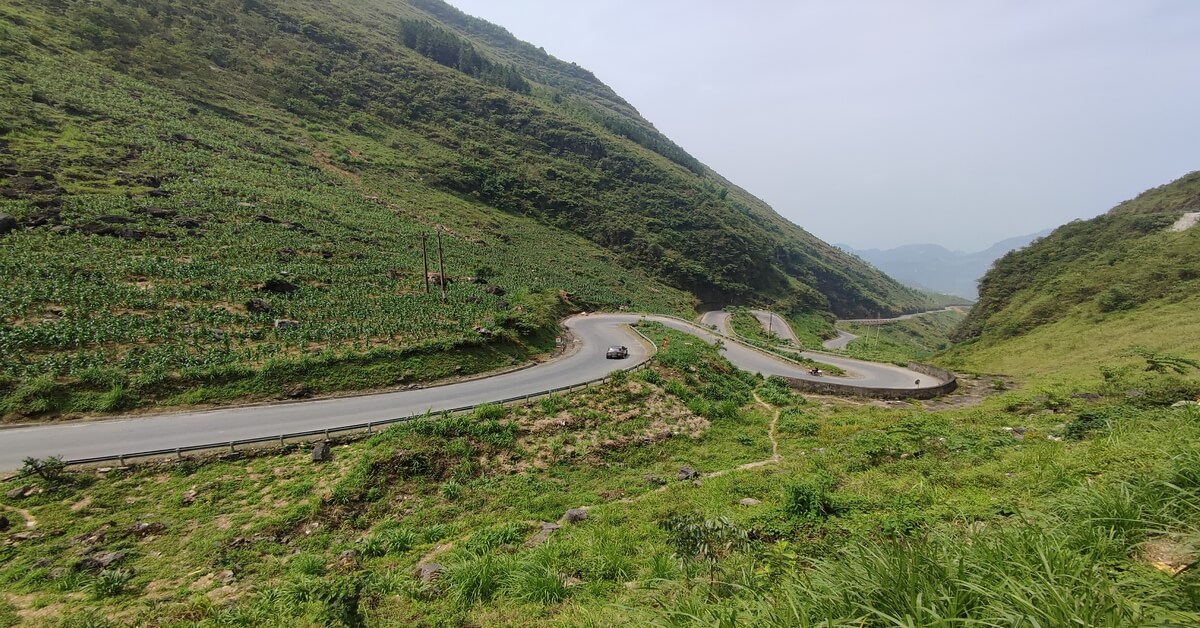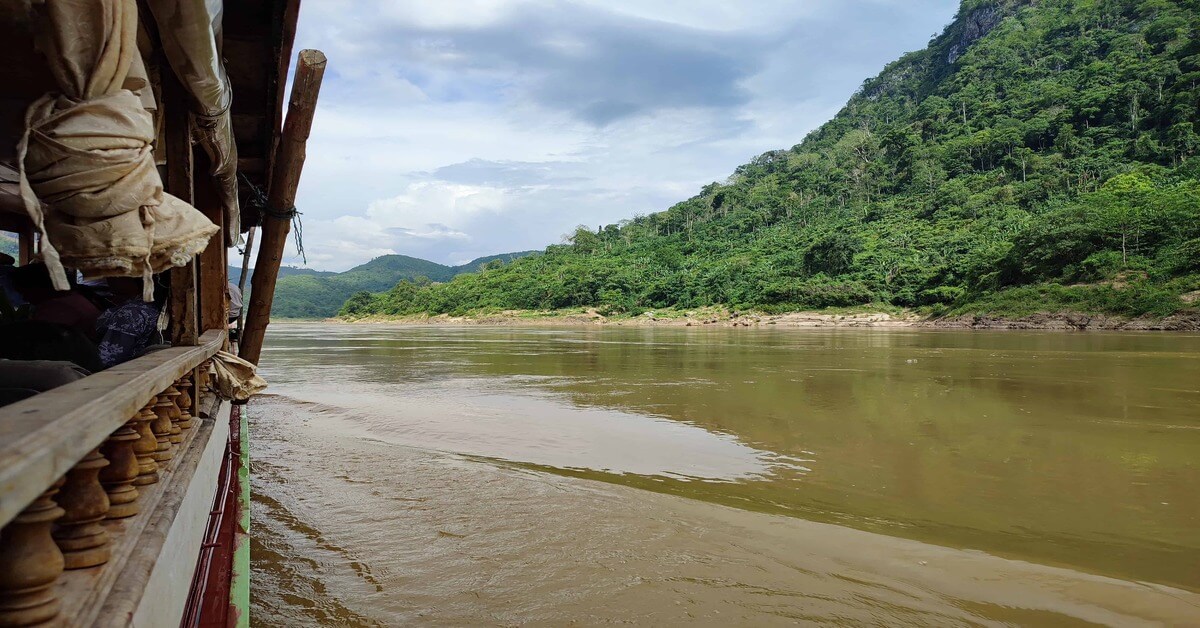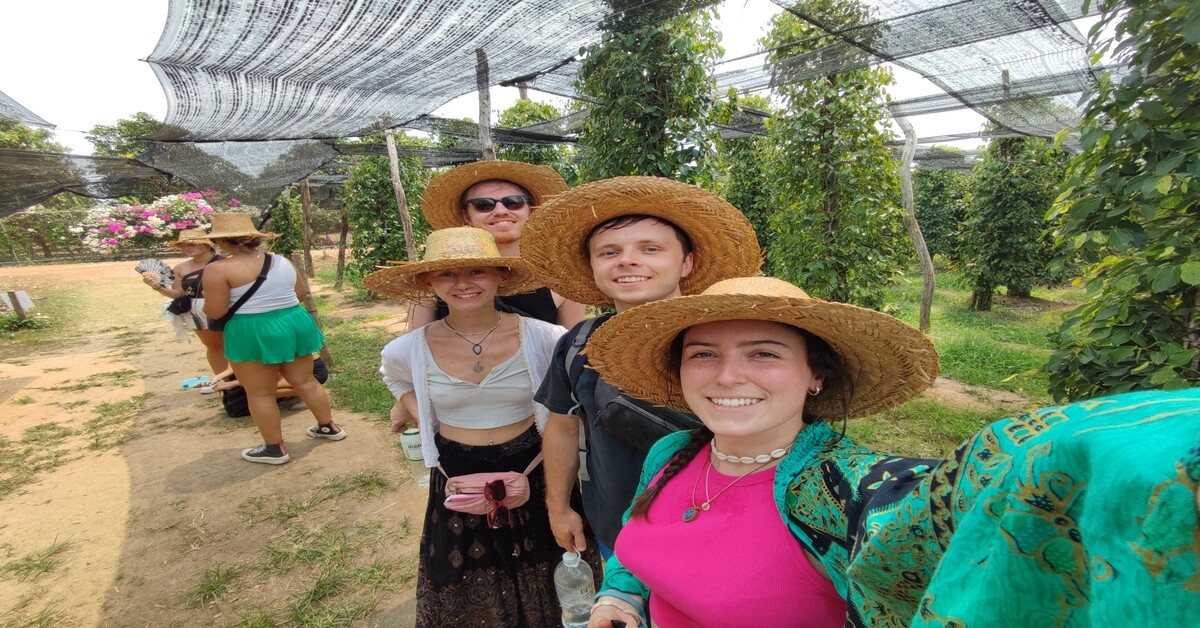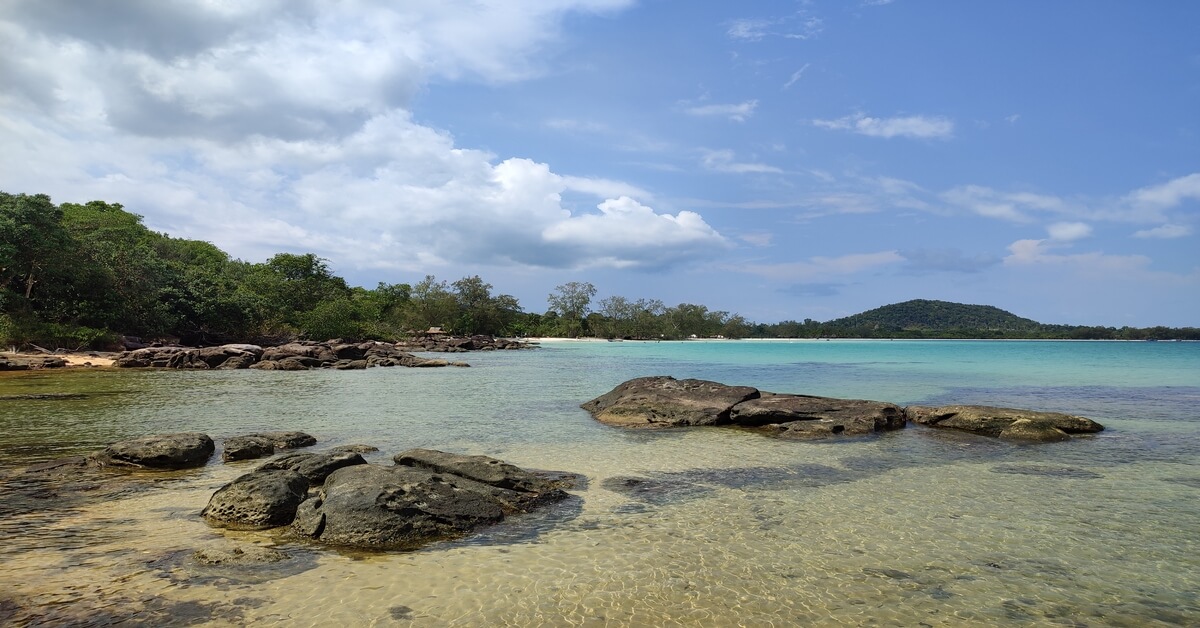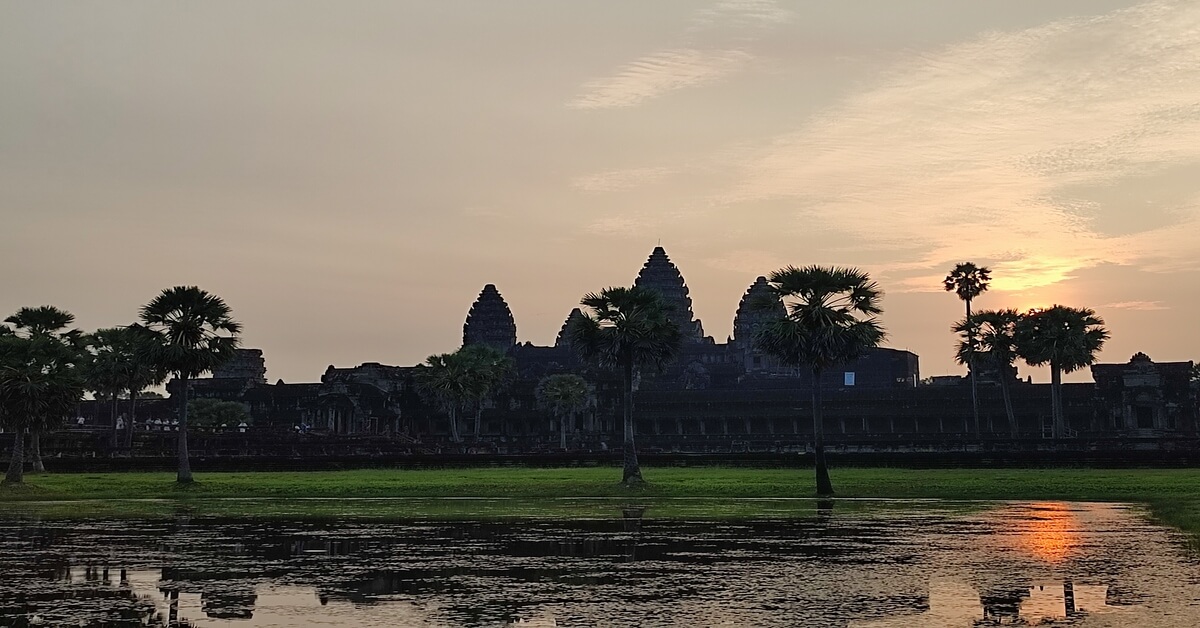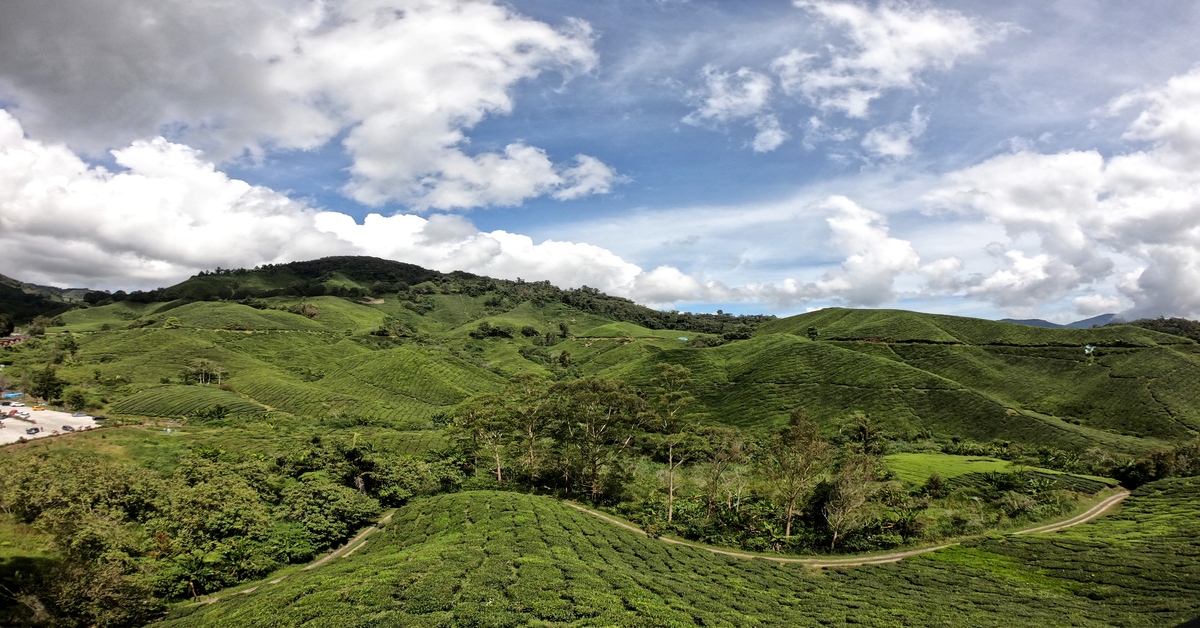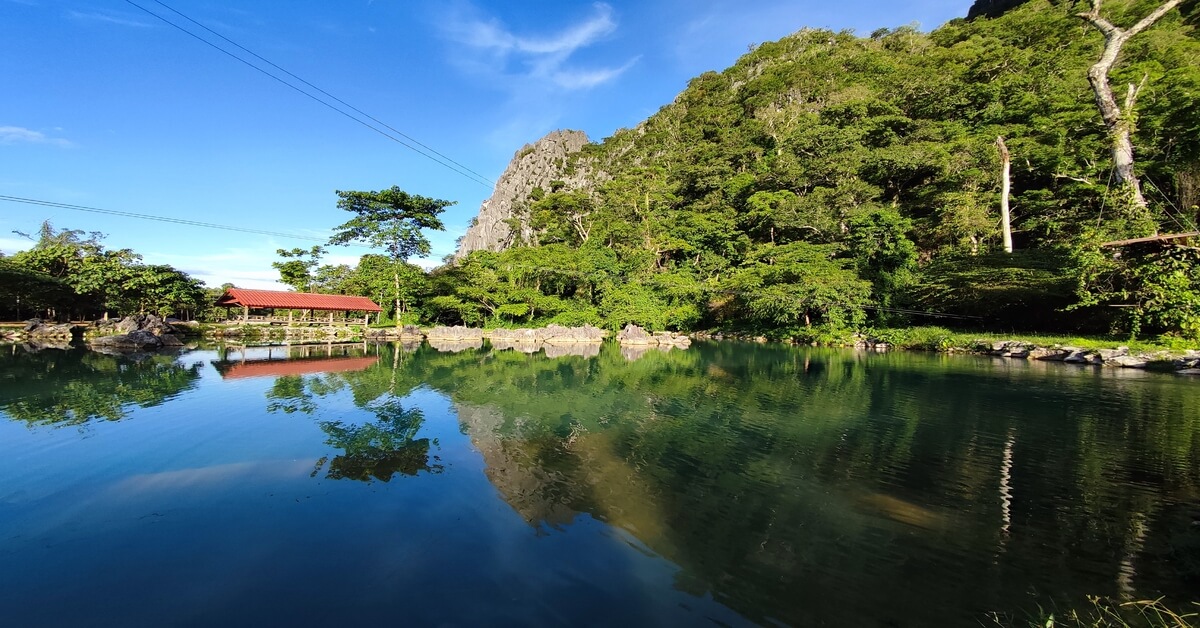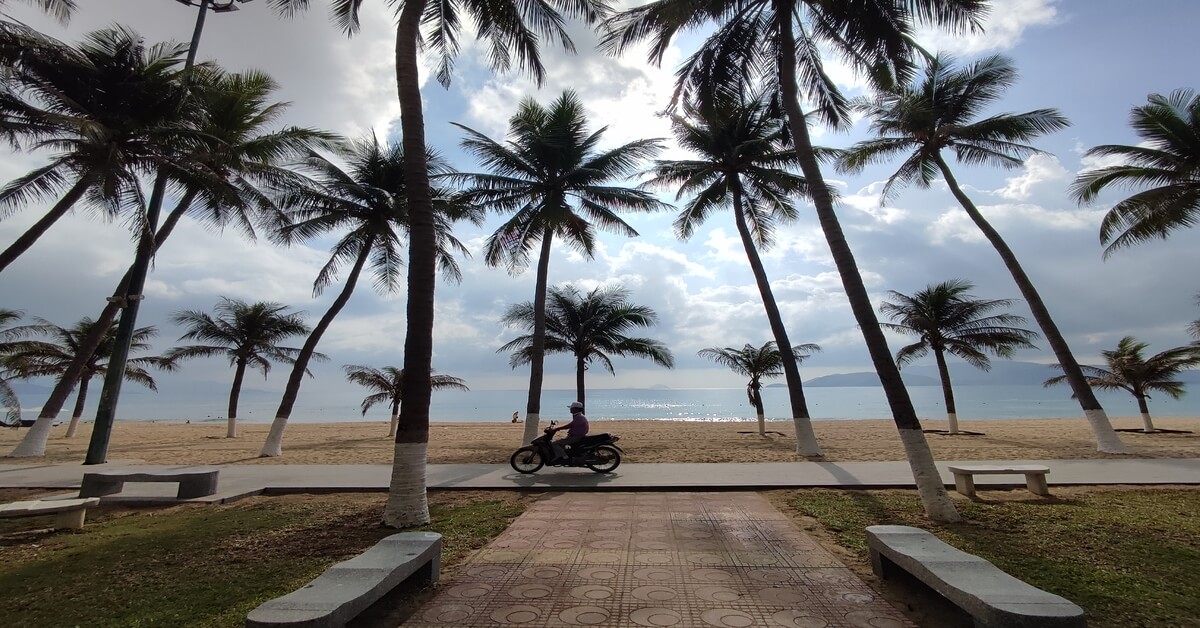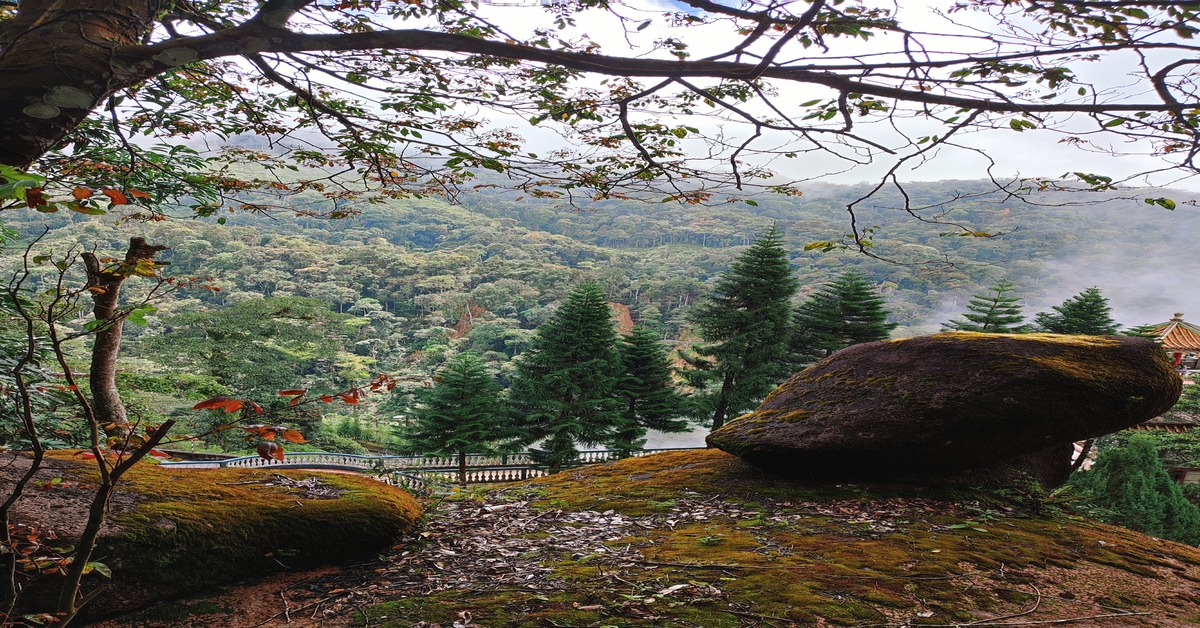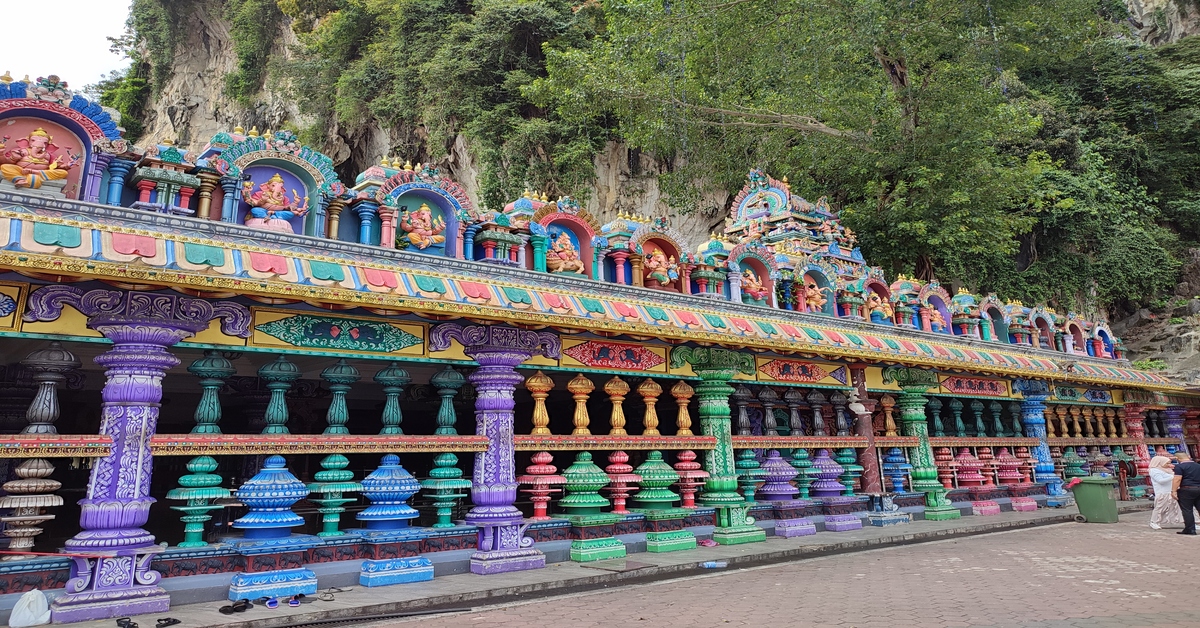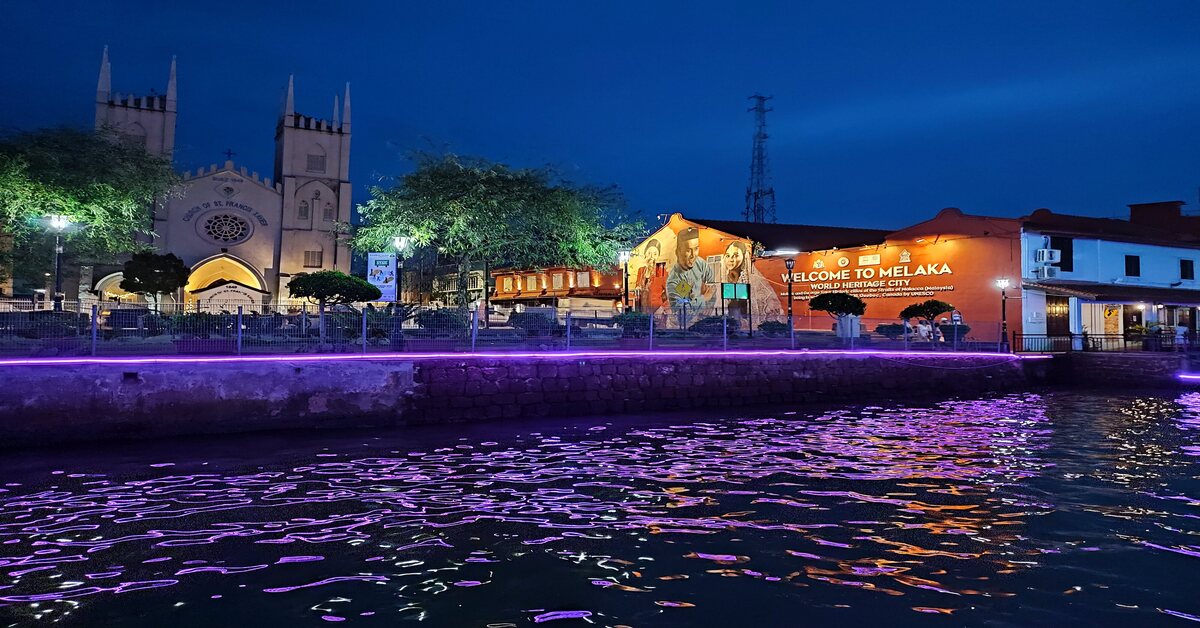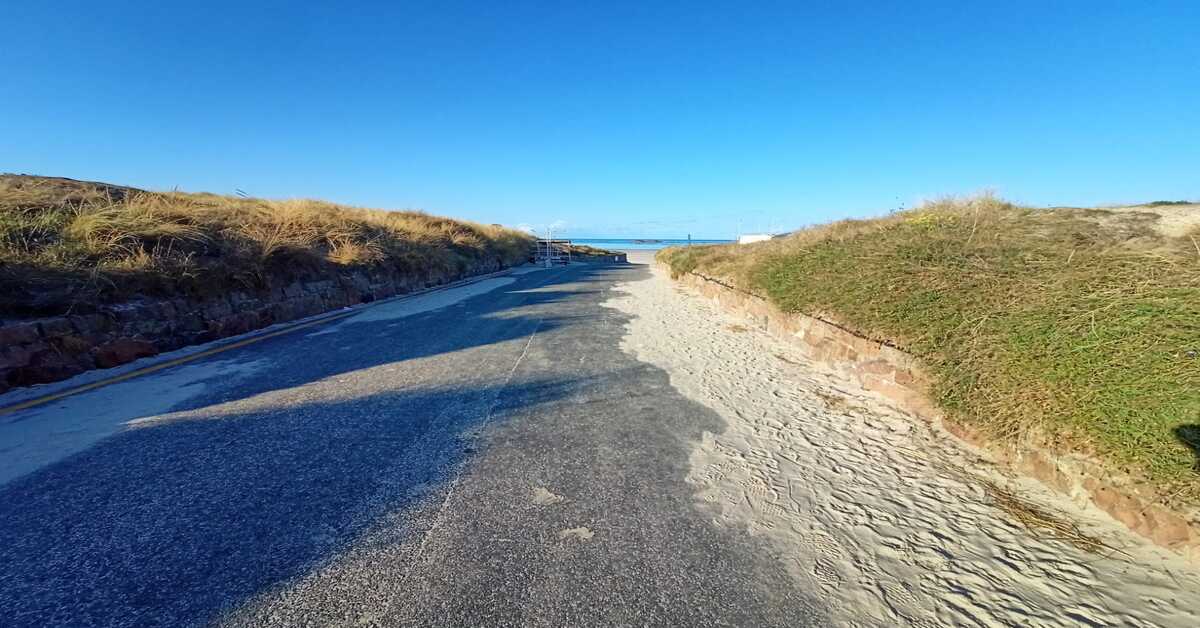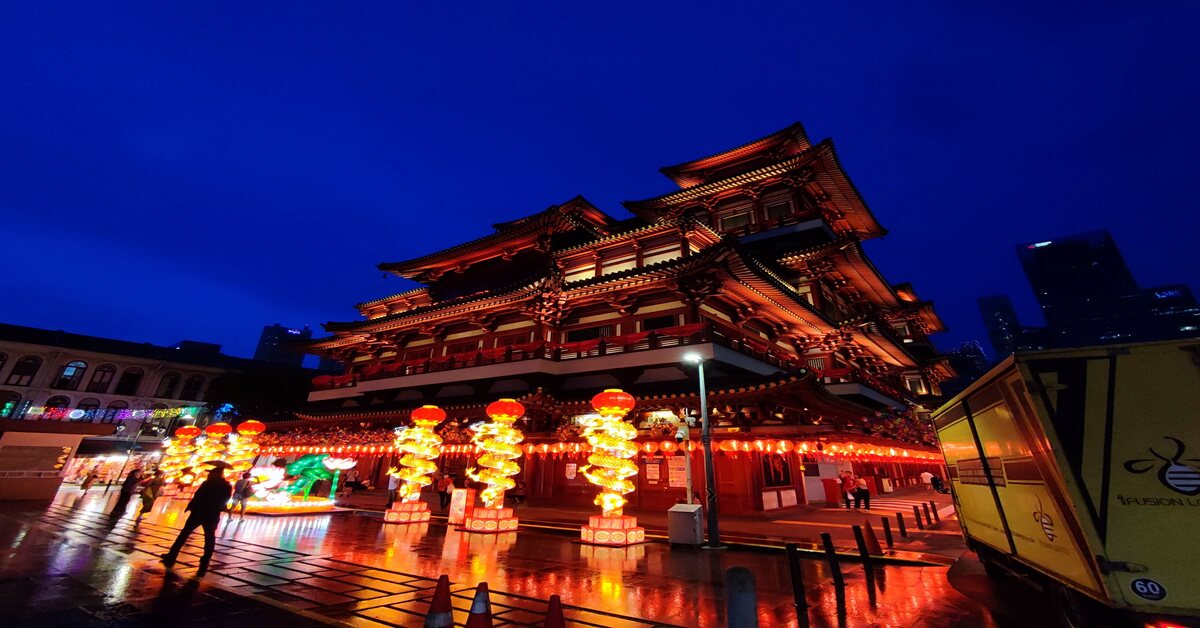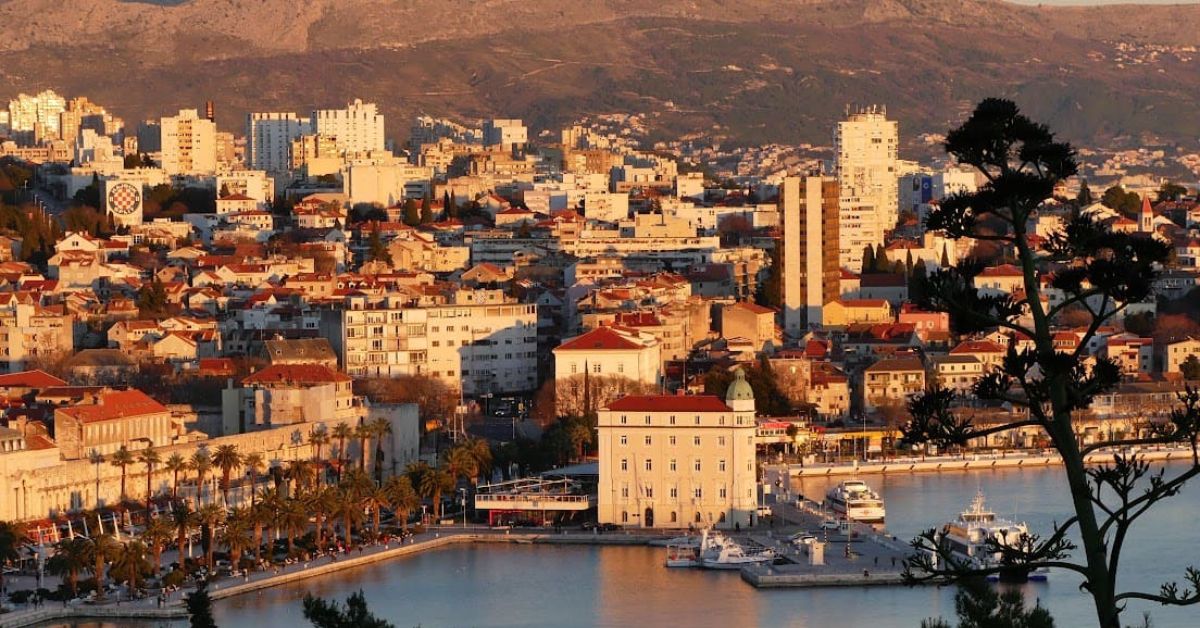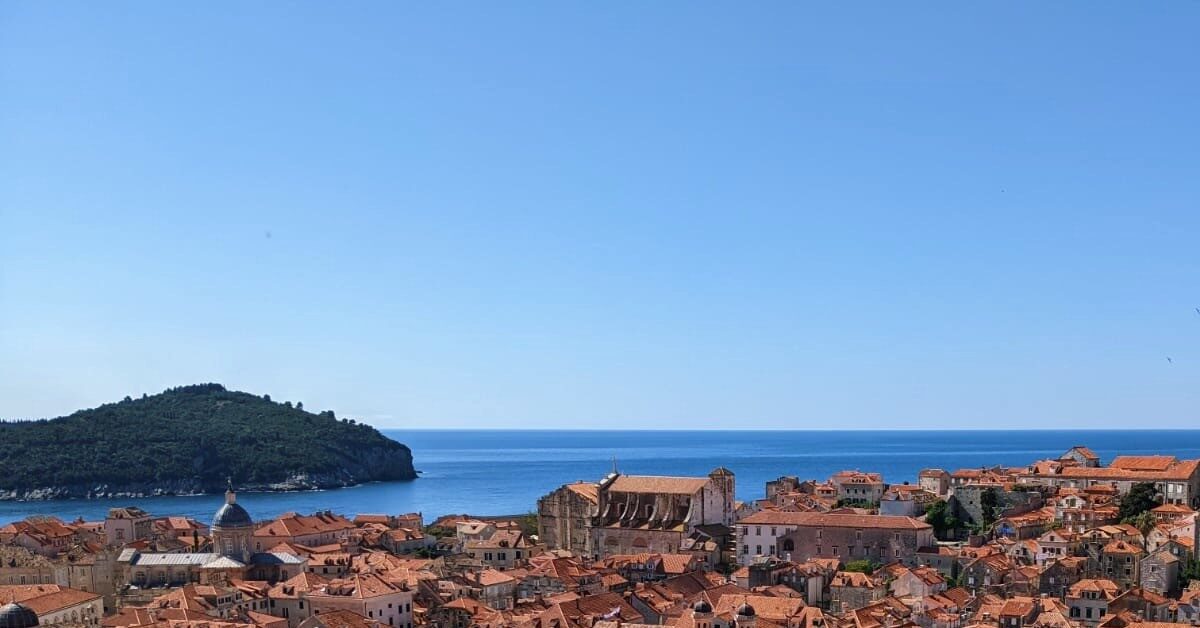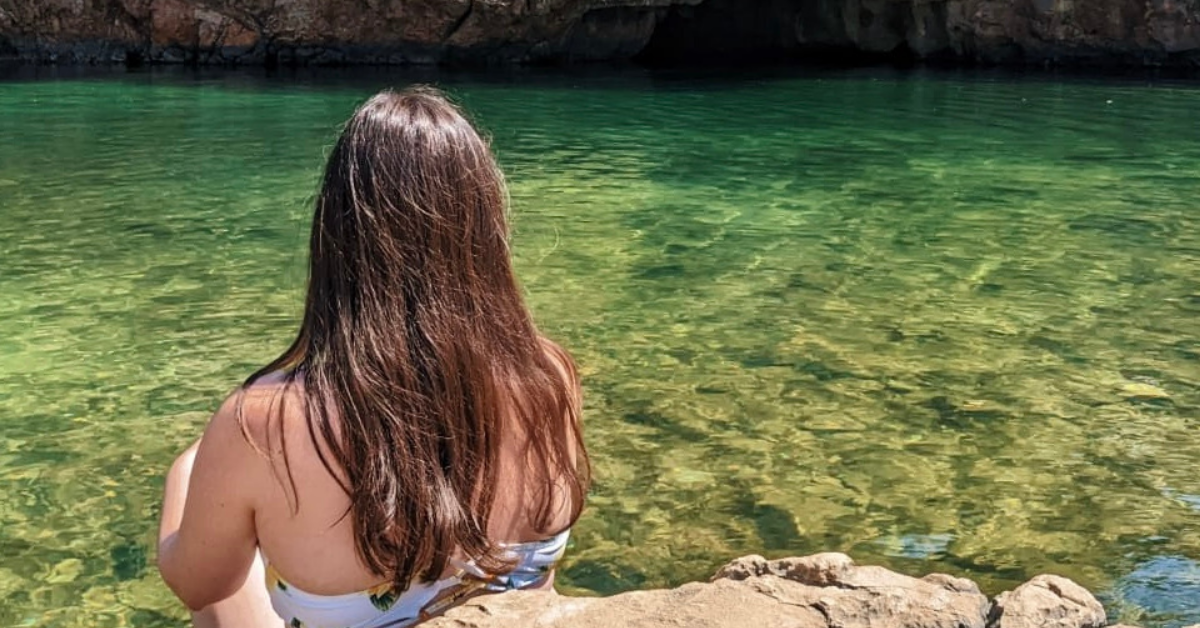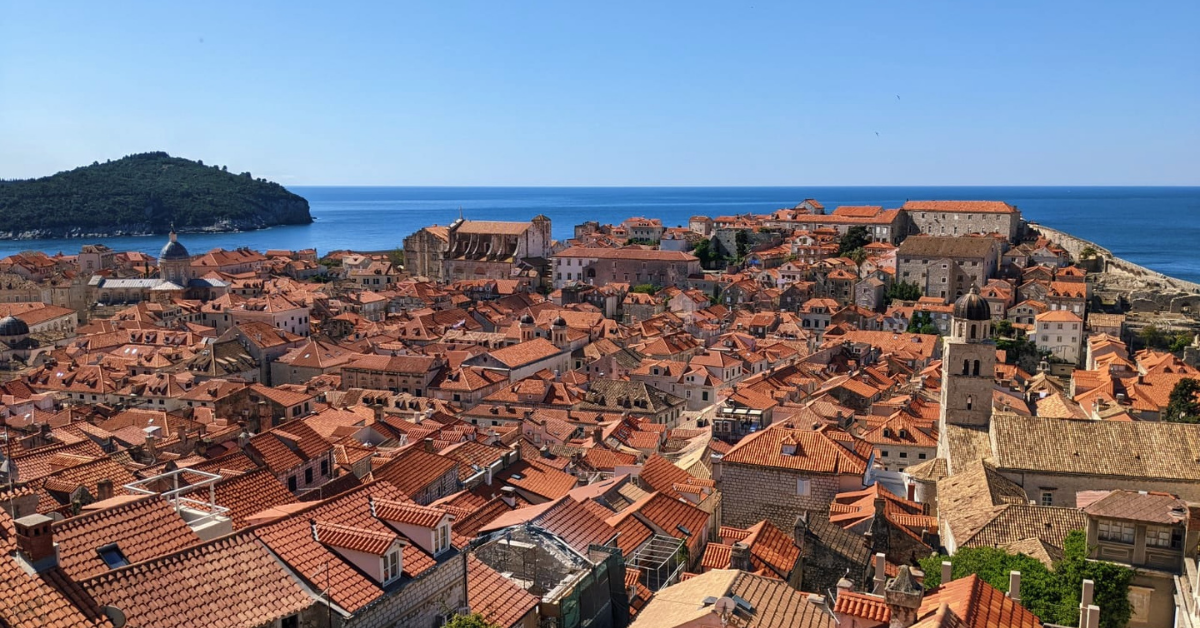croatia



croatia- WHAT TO EXPECT
Visiting Croatia promises a captivating experience, blending natural beauty, history, and culture. The enchanting Adriatic coastline boasts picturesque islands and clear waters. Explore ancient cities like Dubrovnik and Split, where medieval architecture meets modern amenities. Indulge in the country’s delightful cuisine, including fresh seafood and renowned wines. Immerse yourself in Croatia’s rich history at UNESCO World Heritage Sites like Plitvice Lakes National Park and Trogir. Whether seeking relaxation on pristine beaches or adventure in national parks, Croatia offers an unforgettable experience for every traveller.
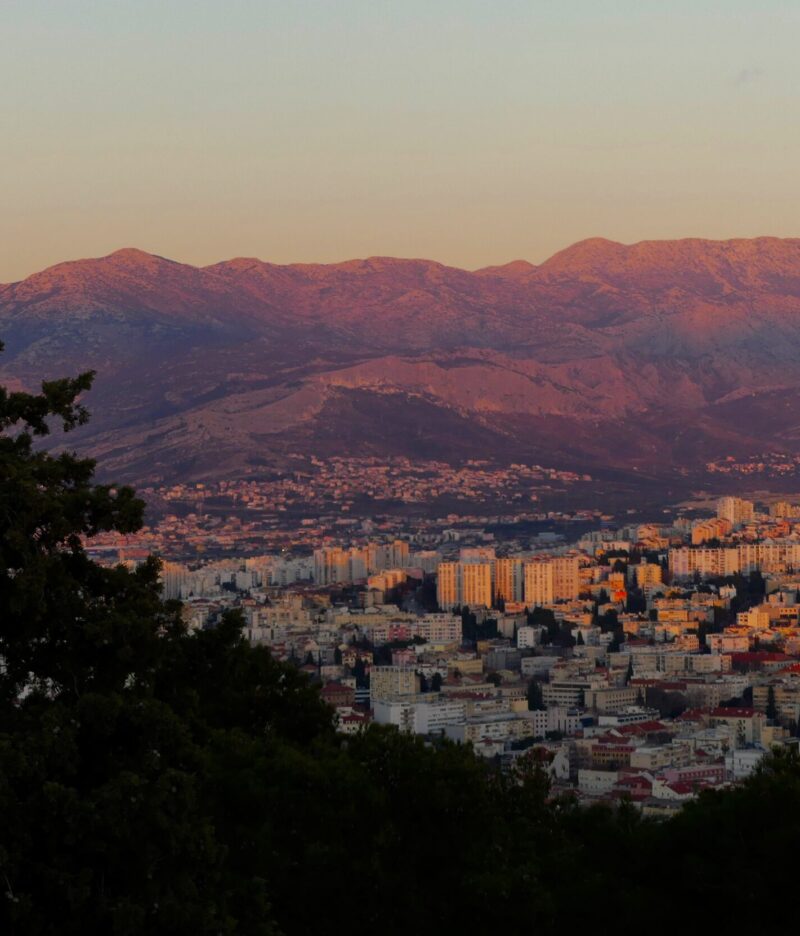
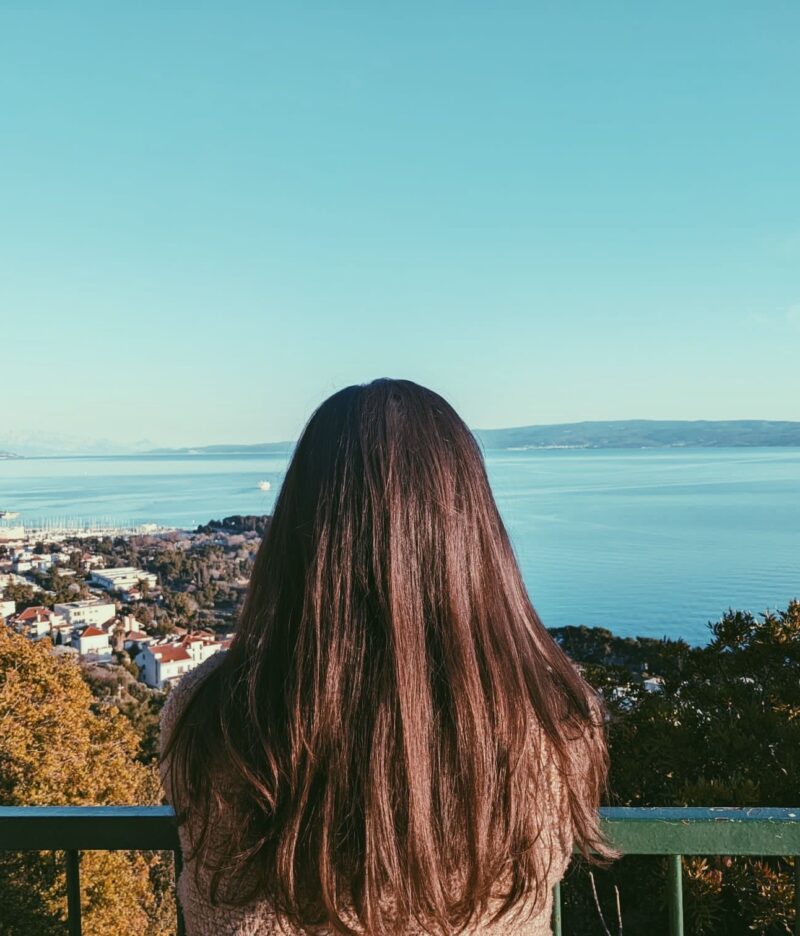
AVERAGE COSTS IN THIS AREA
Transportation– Local buses and coaches are the cheapest way to get around. However, the buses and coaches are not always reliable and are subject to delays. I would also suggest hiring a car if that is possible, as it is an easy country to drive around.
Accommodation– I stayed in one Airbnb for my entire 3 month trip to Croatia and I loved it! It was located in Split Old Town and was very affordable due to the long term stay. In total, it cost £1,958.72 for 85 nights in Split, for a 3 story town house with a sea view and a small patio garden. It cost £23 per night, so per person per night it cost £11.50. It was cheap because we stayed in Split during the low season. High season prices are much higher.
Food– Traditional Croatian food is delicious! You can try Peka – a slow-cooked dish of meat (usually veal or lamb), potatoes and vegetables, Crni Rizot (black risotto) made with squid and squid ink, an the national drink of Croatia – Rakija, a strong homemade spirit made by distilling fermented nuts, plants or fruits. Depending on the type of restaurant that you go to, you can spend £10-£15 per person for a main meal with a drink.
Suggested Daily Budget– £50-£60, if you spend £20 on accommodation, £15 on food and £15 on transport and activities. However, some days you will end up spending more than you anticipated due to transport costs and activities such as organised tours.
tips for first visit
1. Learn some basic Croatian words and phrases such as “Dobar dan” meaning “Good day”, “Hvala” meaning “Thank you” and “Doh-vee-dje-nyah” meaning “Goodbye”.
2. Explore small towns close to where you’re staying, each town is unique and has a rich history. Also, be sure to explore the inland areas as well as coastal areas. Towns like Imotski have so much to offer.
3. Make sure to carry cash (Croatian Kuna) with you at all times because many cafes and restaurants won’t accept card.
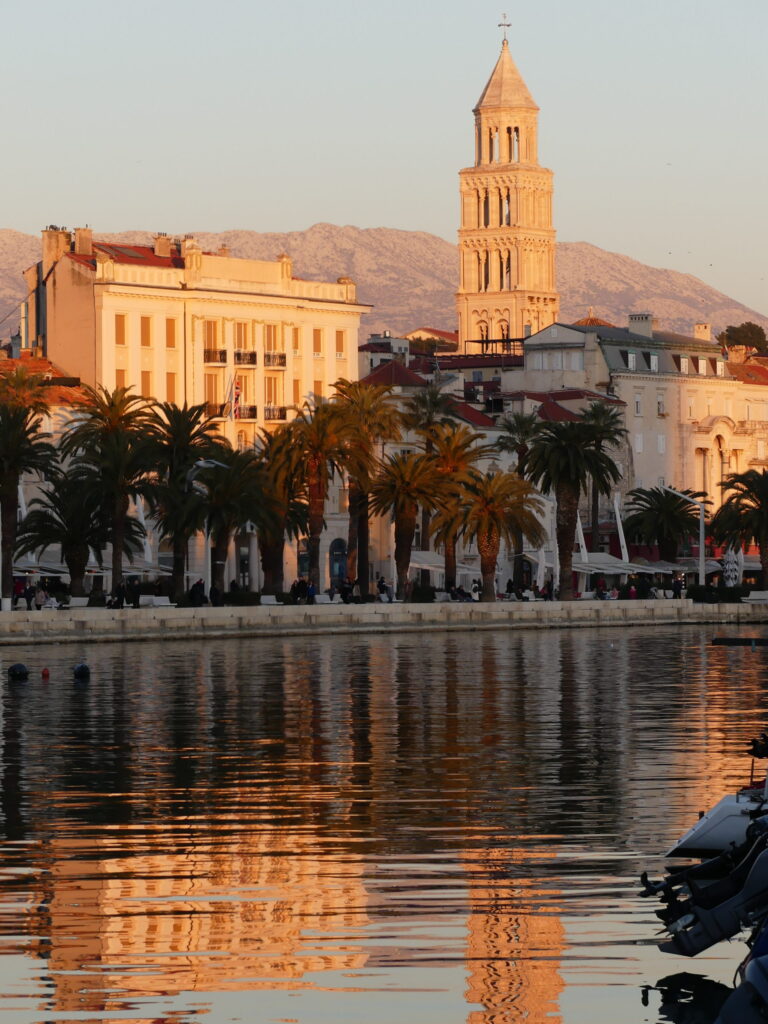
do's and don'ts
The same as when you are visiting any country, be respectful of local people and enjoy yourself.
Take sunscreen and clothing layers with you, the weather can be variable especially in the mountainous regions in the north of the country.
Take an International Driving License with you if you are planning on renting a car during your trip.
Make sure to check the locations of your hotels or Airbnb’s prior to booking them, as you need to figure out transport to that location before you book.

